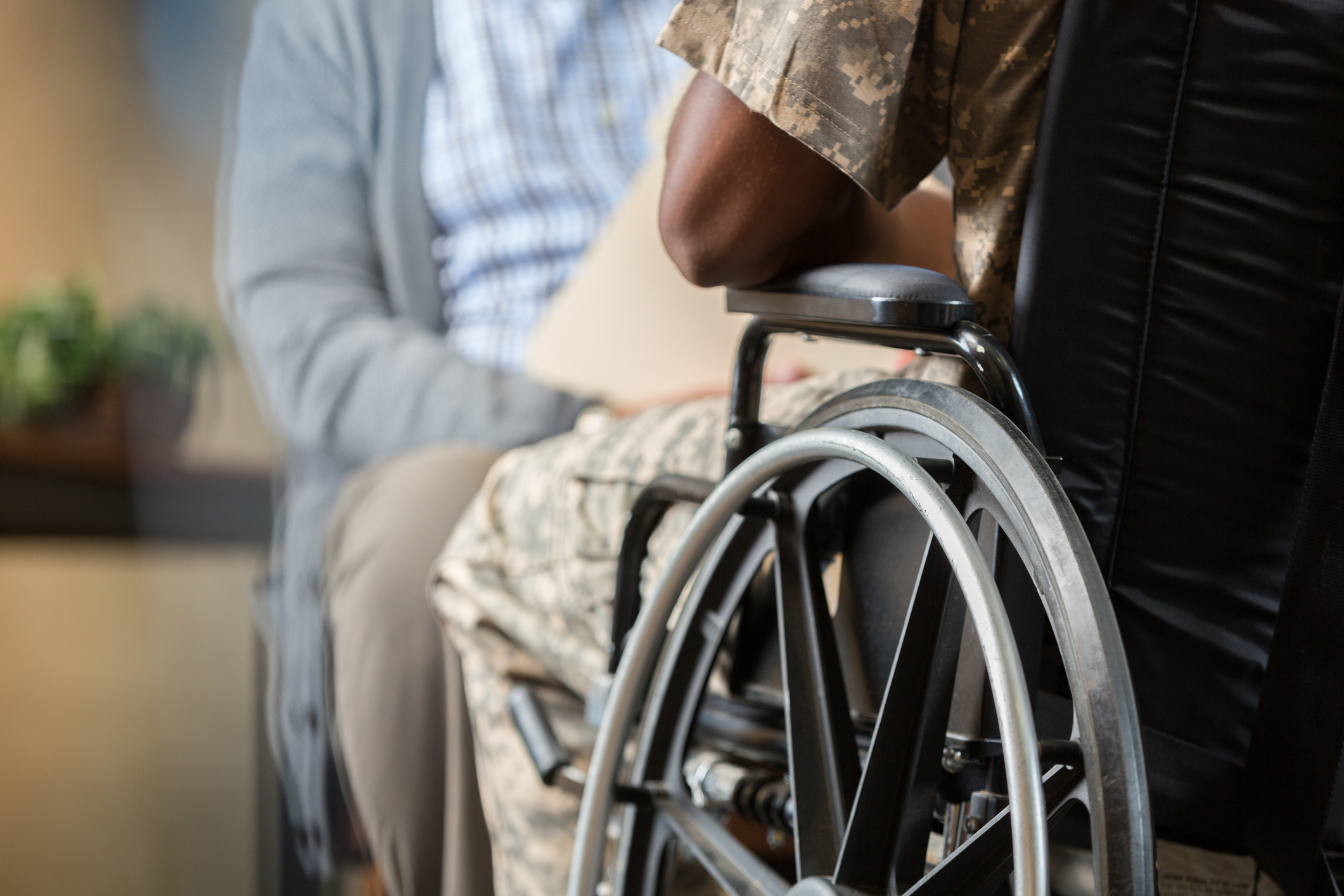A hallmark of the veterans benefits system is the obligation that has been imposed upon the US Department of Veterans Affairs to assist veterans with the development of their claims. Congress has declared that the VA “shall make reasonable efforts to assist a claimant in obtaining evidence necessary to substantiate the claimant’s claim for a benefit under a law administered by the Secretary [of the VA].” 38 U.S.C. § 5103. While the notion that the VA should be helpful to veterans during the benefits process is admirable, the VA’s actions occasionally call into question whether the VA actually complies with this duty.
An article published this fall called “Dr. Orange: The Secret Nemesis of Sick Vets” by Charles Ornstein of Pro Publica and Mike Hixenbaugh of The Virginia-Pilot provides a glaring example of the VA’s failure in this regard. In their article, Ornstein and Hixenbaugh explore at depth the VA’s decades-long reliance upon the work of Alvin Young to deny veterans’ claims associated with exposure to Agent Orange. Dr. Young, who the authors state earned the nickname “Dr. Orange” while serving as an Air Force expert on herbicides, not only advocated use of the herbicide during Vietnam, but was actively involved in the Air Forces’ program to test the toxic weed killer.
That the VA would hire Dr. Young as an expert to assist with the adjudication of Agent Orange claims, given his background as an advocate of the military’s use of the dioxin, appears to contradict virtually any set of ethics rules known to man. If anyone has a conflict of interest in the outcome Agent Orange claims pending before the VA, it would be an individual responsible for exposing so many soldiers and sailors to the poison in the first place. Indeed, a determination that the dioxins found in Agent Orange are toxic would arguably constitute a determination that Dr. Young bears at least some moral responsibility for the illnesses and deaths of hundreds of thousands of Americans as well as those individuals native to Southeast Asia. Its hard to image an individual whose conscience would have a greater interest in the outcome of the research regarding the use of Agent Orange in Vietnam and elsewhere.
Notwithstanding the ethical conflict, what makes the VA’s reliance upon him even more galling is its obvious legal conflict with the statutory obligation to assist veterans with their claims. One of the policy reasons behind the imposition of the duty to assist is an acknowledgment that most veterans cannot afford the cost of hiring high-priced medical and research experts to assist in the development of their claims. Not only does the VA fail to assist veterans when it relies upon the expert opinions of Dr. Young, but it also casts a shadow of doubt and impropriety upon its decisions. As Ornstein and Hixenbaugh point out the VA has paid Dr. Young millions of dollars over the years for those expert opinions, and has done so even knowing that Dr. Young has “discounted the opinions of other experts, including the VA’s own researchers when they linked Agent Orange to prostate cancer.” However, even if a veteran could afford to independently hire an expert, it is the VA’s own rating specialists and Veterans Law Judges that are the arbiters of any conflicting medical opinions. This puts the VA in the position of having to decide which opinion is entitled to greater weight — the medical opinion that it paid for, or the opinion that the claimant paid for. Even if the particular rating-specialist or VLJ involved in the adjudication of this issue were the most fair person in the world, the appearance of impropriety would cloud any decision rendered by that individual.
The VA cannot be expected to have researchers on staff who are qualified as experts in every conceivable medical condition. However, the VA’s reliance upon scientists and doctors with obvious conflicts of interest is a clear violation of its statutory duty and casts doubt upon the VA’s adjudication of such claims. If the VA can afford to pay Dr. Young millions of dollars in consulting fees it can certainly afford to hire other, independent researchers who are not personally and professional tied to the advocacy of the military’s Agent Orange program in South East Asia.

